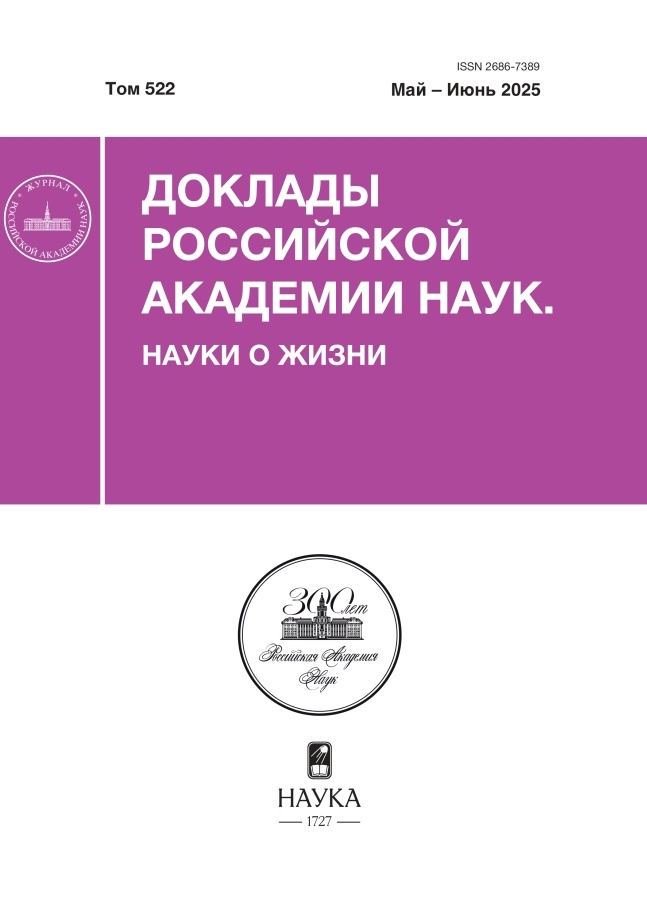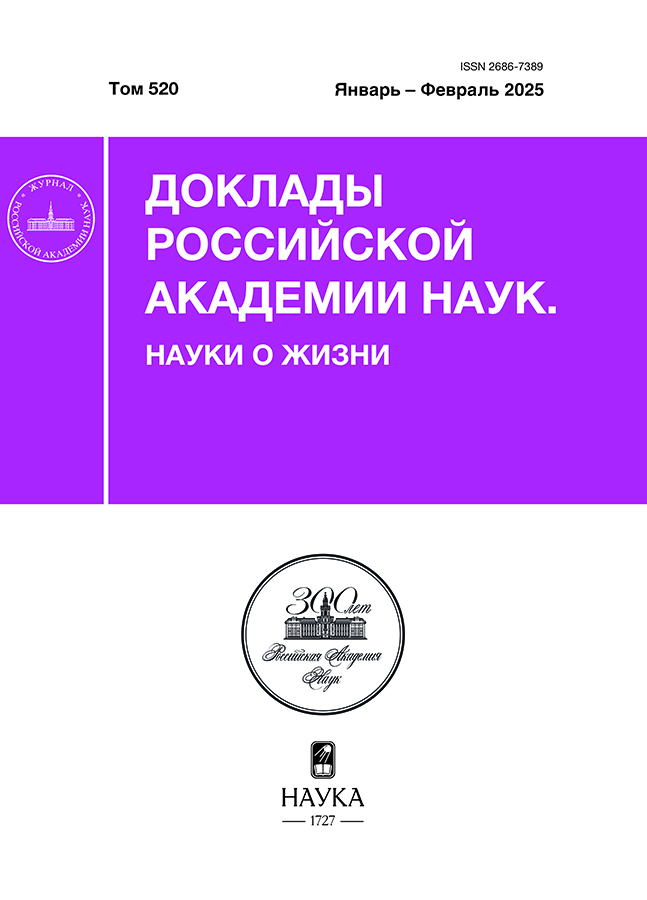Особенности лимфотока сердца и новые возможности их визуализации в эксперименте
- Авторы: Яблонский П.П.1, Лазарева А.С.2, Гарапач И.А.3, Яблонская А.А.1, Орлов С.В.1
-
Учреждения:
- ФГБУ ВПО Санкт-Петербургский государственный университет
- ГБУЗ Ленинградская областная больница
- ФГБУ Государственный научно-исследовательский институт фтизиопульмонологии
- Выпуск: Том 520, № 1 (2025)
- Страницы: 83-89
- Раздел: Статьи
- URL: https://ter-arkhiv.ru/2686-7389/article/view/682044
- DOI: https://doi.org/10.31857/S2686738925010131
- EDN: https://elibrary.ru/tclhjy
- ID: 682044
Цитировать
Полный текст
Аннотация
Целью данного исследования было описание особенностей лимфотока миокарда с использованием нового комбинированого метода визуализации лимфатической системы. Исследование проводилось на свиных сердцах, заготовленных на местном мясокомбинате. Оригинальный краситель, состоящий из жирорастворимого хлорофилла и липиодола, поэтапно вводился в лимфатические сосуды. После достаточной оптической идентификации лимфатических сосудов проводили непрерывное нагнетание воздуха в коронарные артерии и выполняли КТ-сканирование. Таким образом, была достигнута как оптическая, так и рентгенологическая видимость лимфатической системы сердца. Показано, что лимфоток левого и большей части правого желудочка осуществляется через лимфатические коллекторы передней стенки сердца, в том числе ретроградно по отношению к правой коронарной артерии, что дополняет ранее известные факты о строении лимфатической системы сердца.
Полный текст
Об авторах
П. П. Яблонский
ФГБУ ВПО Санкт-Петербургский государственный университет
Автор, ответственный за переписку.
Email: pavel.yablonski@gmail.com
Лаборатория микроангиопатических механизмов атерогенеза
Россия, Санкт-ПетербургА. С. Лазарева
ГБУЗ Ленинградская областная больница
Email: pavel.yablonski@gmail.com
Россия, Санкт-Петербург
И. А. Гарапач
ФГБУ Государственный научно-исследовательский институт фтизиопульмонологии
Email: pavel.yablonski@gmail.com
Россия, Санкт-Петербург
А. А. Яблонская
ФГБУ ВПО Санкт-Петербургский государственный университет
Email: pavel.yablonski@gmail.com
Лаборатория микроангиопатических механизмов атерогенеза
Россия, Санкт-ПетербургС. В. Орлов
ФГБУ ВПО Санкт-Петербургский государственный университет
Email: pavel.yablonski@gmail.com
Лаборатория микроангиопатических механизмов атерогенеза; член-корреспондент РАН
Россия, Санкт-ПетербургСписок литературы
- Solti F., Lengyel E., Jellinek H., et al. Coronary arteriopathy after lymphatic blockade: an experimental study in dogs. Lymphology [Internet] 1994; 27: 173–180.
- Martel C., Li W., Fulp B., et al. Lymphatic vasculature mediates macrophage reverse cholesterol transport in mice. Journal of Clinical Investigation 2013; 123: 1571–1579.
- Klüsch V., Boyle E.C., Rustum S., et al. Chronic unilateral arm lymphedema correlates with increased intima-media thickness in the brachial artery. Vasa [Internet] 2022; 51: 19–23.
- Kappler B., Pabittel D., van Tuijl S., et al. Feasibility of mapping and cannulation of the porcine epicardial lymphatic system for sampling and decompression in heart failure research. J Clin Transl Res [Internet] 2018.
- Riquet M., Le Pimpec-Barthes F., Hidden G. Lymphatic drainage of the pericardium to the mediastinal lymph nodes. Surgical and Radiologic Anatomy 2001; 23: 317–319.
- Riquet M., Souilamas R., Hubsch J.P., et al. Lymphatic drainage of heart and lungs: Comparison between pig and man. Surgical and Radiologic Anatomy 2000; 22: 47–50.
- Eliška O., Elišková M. Lymphatic drainage of the ventricular conduction system in man and in the dog. Acta Anat (Basel) 1980; 107: 205–213.
- Johnson R.A., Blake T.M. Lymphatics of the Heart. Сirculation 1966; 33: 137–142.
- Kappler B., Pabittel D., van Tuijl S., et al. Feasibility of mapping and cannulation of the porcine epicardial lymphatic system for sampling and decompression in heart failure research. Journal of Clinical and Translational Research 2018.
- Drozdz K., Janczak D., Dziegiel P., et al. Adventitial lymphatics of internal carotid artery in healthy and atherosclerotic vessels. // Folia Histochem Cytobiol Polish Histochemical and Cytochemical Society; 2008; 46: 433–436.
- Drozdz K., Janczak D., Dziegiel P., et al. Adventitial lymphatics and atherosclerosis. Lymphology 2012; 45: 26–33.
- Kungurtsev V.V., Shimanko A.I., Vechkov S.S., et al. Stimuliatsiia limfaticheskogo drenazha tkanei v lechenii bol’nykh s zabolevaniiami arterii. // Khirurgiia (Sofiia) 1996; 42–45.
- Yamamoto K., Sakakura K., Adachi Y., et al. Comparison of mid-term clinical outcomes between “complete full-metal jacket strategy” versus “incomplete full-metal jacket strategy” for diffuse right coronary artery stenosis with drug-eluting stents. J Cardiol 2017; 69: 823–829.
- Dola J., Morawiec B., Wańha W., et al. Results of PCI with Drug-Eluting Stents in an All-Comer Population Depending on Vessel Diameter. // J Clin Med 2020; 9.
Дополнительные файлы















